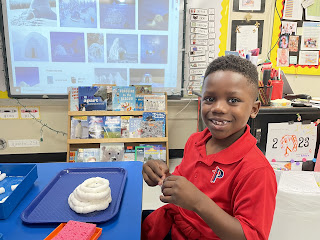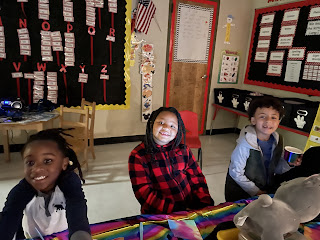 |
| We are growing bigger and smarter... |
 |
| We're getting stronger every day. |
 |
| We are growing in grace and in the knowledge of our Lord and Savior. |
 |
| We are superheroes in the making. |
 |
| We can do all things through Christ who strengthens us. |
 |
| God has great plans for us. |
Ordinary people can grow up to be superheroes.
In our Bible lesson, we learned how twelve ordinary guys
became Jesus-following, Spirit-powered world-changers.
Jesus didn’t chose the richest, best educated, most well-known
or well-connected people to become His twelve disciples. He didn’t even choose
the best behaved.
I like to tell my students that if the disciples had been in
my class, they’d probably have “moved their clips” for misbehavior.
Impulsive
Peter would probably have forgotten to raise his hand before he talked. He often
forgot to think before he spoke.
Brothers James and John, the ones Jesus nicknamed the Sons
of Thunder, would be in trouble for arguing over who would be first. (Mark
3:17, Mark10:35-45)
Matthew, who was a tax-collector
before he became a disciple, might have been caught cheating.
Simon the Zealot might have
been in trouble for fighting--that is, before he met Jesus and learned from the Prince of
Peace.
And I could just imagine Thomas sitting in my class
complaining, “I don’t know how to do this. This is too hard. I don’t believe I
can do this.” (John
20:25, John,
14:5, John
11:16)
The disciples often misunderstood Jesus---they often got it
wrong. At times they were afraid. But the disciples had enough faith to follow
Jesus, and they were teachable. Then when the Holy Spirit came upon them, they
were transformed into powerful leaders who turned the world upside down with
the gospel message.
I believe when God looks at me, at you, at these children, He
looks past our present shortcomings and sees our potential. He sees what we
will become when we allow Him to teach us, to empower us, and to transform us.
Jesus-followers are superheroes in training.





























